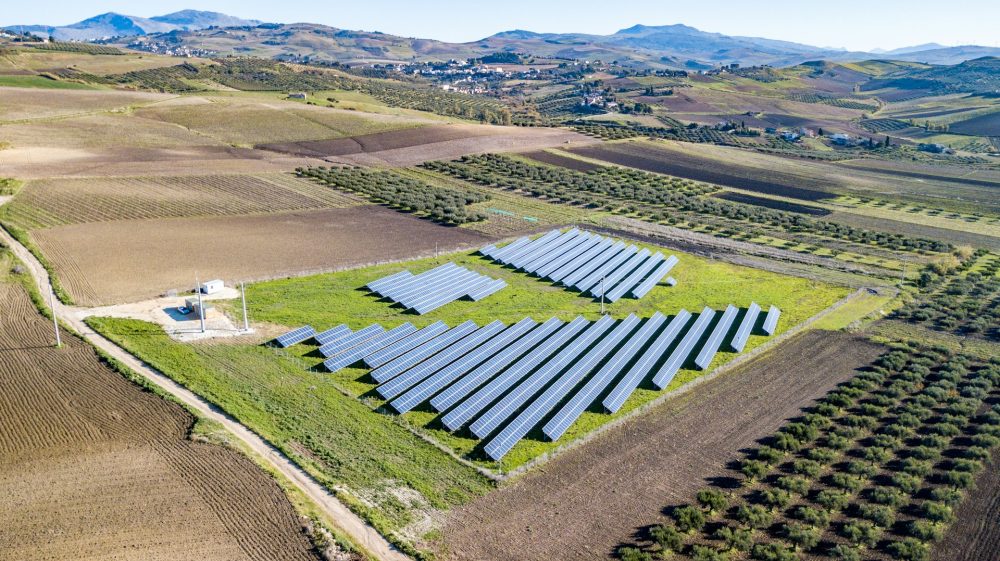Impact Investing
Green Energy Funds’ Assets Under Management Decrease in 2024 Due to High Rates and Trump Inauguration
In 2024, climate-focused mutual funds faced $30 billion in withdrawals, reversing a boom driven by rising rates, Trump’s climate stance, and anti-ESG sentiment. Assets fell to $533 billion. Broader climate funds outperformed markets, while clean energy funds lost. Despite closures, institutional investor interest remains strong, with climate finance needs projected at $6.7 trillion annually by 2030.

In 2024, investors pulled about $30 billion from climate-focused mutual funds, reversing a four-year boom. In recent years, assets under management had increased significantly, reaching a record $541 billion. However, in the past year, green energy funds assets have fallen to $533 billion, with global sales falling from $151 billion in 2021 to just $29 billion in redemptions in 2024.
Among the main reasons are the increase in interest rates that have made companies with high capital costs, such as those in renewable energy and green technology, less attractive; the election of Donald Trump, with his skeptical stance on climate change and the threat to repeal the Inflation Reduction Act ( IRA ), which has created uncertainty about green investments; and finally the general anti-ESG political wave by Republican states.
Green energy funds assets have fallen to $533 billion, with global sales falling from $151 billion in 2021
Despite this, funds with a broader climate focus, such as green bonds or low-carbon transitions, performed well and even better than the overall market (13.16% versus 12.08%). However, funds specifically tied to clean energy and green technology suffered losses (-5.35%).
And while data for 2014 shows that 81 climate funds have closed or merged, up from 49 in 2023, and only 74 new funds have been launched, compared to 295 in 2022, recent estimates show that by 2030 the world will need $6.7 trillion annually for climate action. Annual climate finance doubled from 2018 to 2022, reaching $1.46 trillion, but less than half of that comes from the private sector, with much of the investment going to specific projects rather than equity markets.
In contrast, demand from institutional investors, such as pension funds, has remained strong, and industry experts have noted that institutional investor interest is growing rapidly.
__
(Featured image by Sungrow EMEA via Unsplash)
DISCLAIMER: This article was written by a third party contributor and does not reflect the opinion of Born2Invest, its management, staff or its associates. Please review our disclaimer for more information.
This article may include forward-looking statements. These forward-looking statements generally are identified by the words “believe,” “project,” “estimate,” “become,” “plan,” “will,” and similar expressions. These forward-looking statements involve known and unknown risks as well as uncertainties, including those discussed in the following cautionary statements and elsewhere in this article and on this site. Although the Company may believe that its expectations are based on reasonable assumptions, the actual results that the Company may achieve may differ materially from any forward-looking statements, which reflect the opinions of the management of the Company only as of the date hereof. Additionally, please make sure to read these important disclosures.
First published in ESG NEWS. A third-party contributor translated and adapted the article from the original. In case of discrepancy, the original will prevail.
Although we made reasonable efforts to provide accurate translations, some parts may be incorrect. Born2Invest assumes no responsibility for errors, omissions or ambiguities in the translations provided on this website. Any person or entity relying on translated content does so at their own risk. Born2Invest is not responsible for losses caused by such reliance on the accuracy or reliability of translated information. If you wish to report an error or inaccuracy in the translation, we encourage you to contact us.

-

 Markets2 weeks ago
Markets2 weeks agoGold’s Historic Surge and Sudden Crash Signal Volatility, Not Defeat
-

 Cannabis4 days ago
Cannabis4 days agoWhen a Cutting Becomes a Cannabis Plant: Court Clarifies Germany’s Three-Plant Rule
-

 Africa2 weeks ago
Africa2 weeks agoIvory Coast Development Plan 2026–2030: Investment, Growth, and Strategic Reforms
-

 Africa8 hours ago
Africa8 hours agoMASI Surge Exposes Market Blind Spot: The SAMIR Freeze and Hidden Risks
























